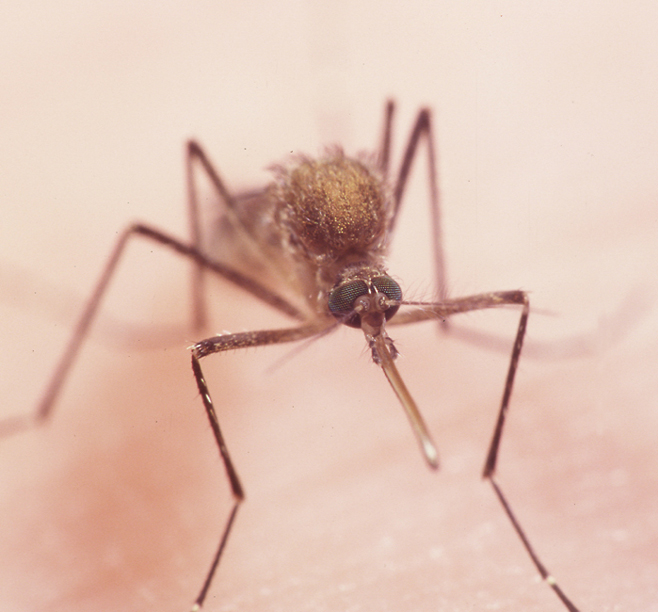Health officials from all around the nation are reporting West Nile virus cases and positive samples.
According to a Friday press release from the Department of Health and Human Services in Iowa, a senior citizen from Plymouth County, aged 61 to 80, has been diagnosed with the state’s first instance of West Nile virus infection this year.
Also Read: Who is Joel Reichow, 29-year-old wins 2023 mens Garry Bjorklund Half Marathon
A test at the State Hygienic Lab verified the case. “Warm summer weather means Iowans are spending more time outside, which increases the risk of mosquito bites. Bites from infected mosquitos are the primary method in which humans are infected with the virus,” the department said.
In the first week of June, the Nebraska Department of Health and Human Services announced that the Three Rivers Public Health District had discovered its first human patient, who had not been admitted to a hospital.
Also Read: Who is Kairan Quazi, 14-year-old hired by Elon Musk to work on satellite team at SpaceX
13 cases had been reported this year across the United States as of June 13, according to data from the Centers for Disease Control and Prevention. These incidents were reported in the states of Pennsylvania, Oregon, Arizona, Wyoming, Nebraska, Illinois, Louisiana, Georgia, and South Carolina. Of those, the Copper State received reports of four.
In a statement on Thursday, the Southern Nevada Health District said that the season’s first virus-positive mosquitoes had been found in the Clark County 89074 ZIP code.
The Southern Nevada Public Health Laboratory performed the analysis, and this year, the health district’s personnel analyzed more than 7,000 mosquitoes.
Also Read: Who is Maggie Montoya? 28-year-old sets new record at Garry Bjorklund Half Marathon 2023
There had been very little activity in the county during the previous three years, and no human cases had yet been documented there. The virus experienced extraordinary activity in 2019, which included one death.
The mosquito season, which begins in the summer and lasts through the fall, is when West Nile virus cases are most common.
The virus, which belongs to the flavivirus genus, cannot be treated or prevented in humans, however the CDC cautions that most infected individuals do not experience any symptoms.
One in five infected individuals get fever and other symptoms, and one in 150 experience a serious and occasionally fatal infection.







